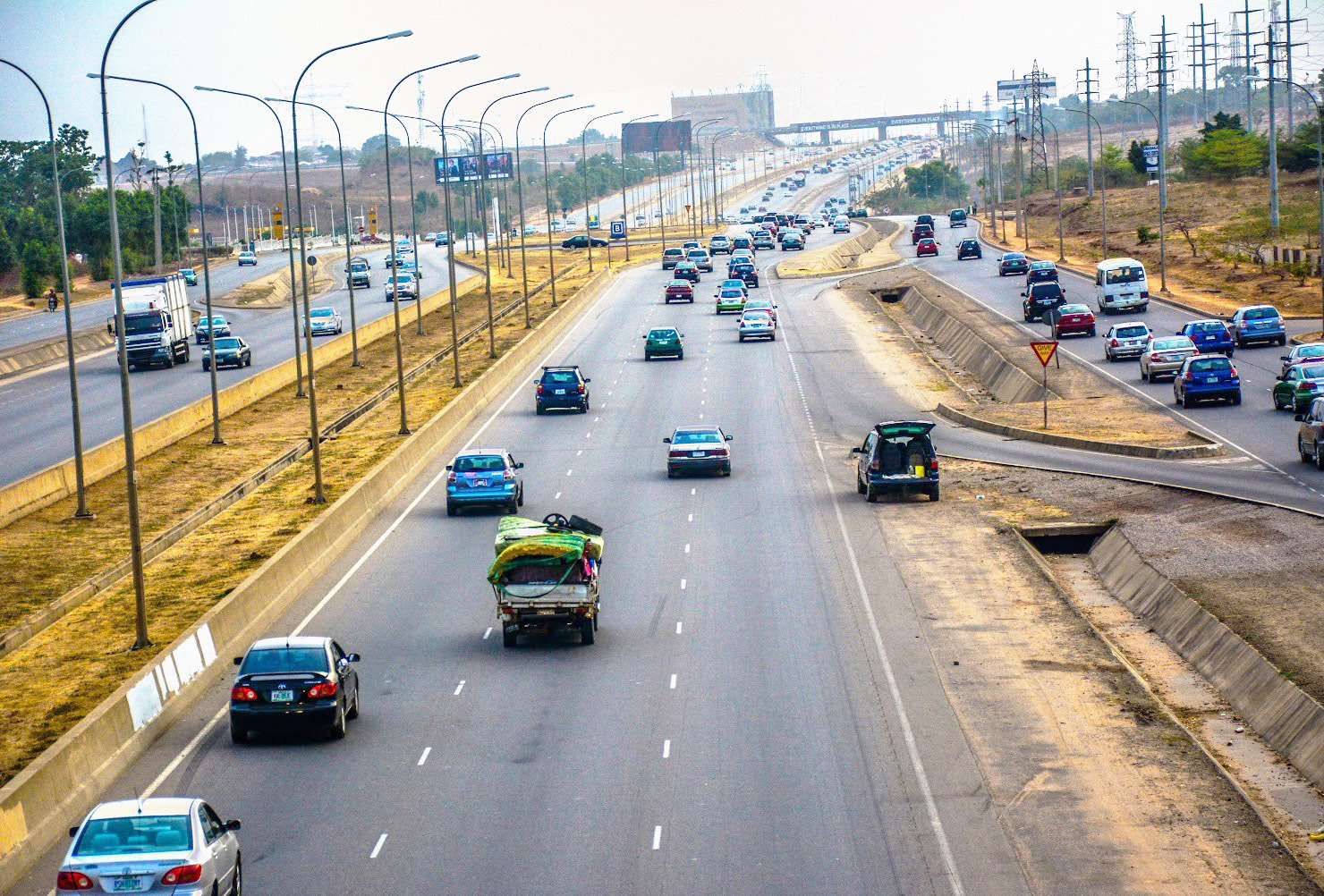The electricity distribution company (DisCo) that provides power to the FCT is not answerable to the FCT Administration. Therefore, the FCTA lacks the power to penalise it for its inefficiency. Ironically, not only does the FCTA provide and install the infrastructure, but it also maintains and secures installations such as streetlights and other accessories, which should be the responsibility of the DisCo. Yet the public institution pays the bill of supply to the DisCo.
The FCTA further outsources to private organisations streetlight contractors or facility managers for maintenance at further costs. The cost of the provision of essential services further soared with the cost of replacing stolen or vandalised items in order to maintain normal service delivery.
Most of the common and notable critical infrastructure across the city, which are besieged by constant theft and destruction, are the electricity installations, most especially streetlights and their various components, drainage and manhole covers, and all other similar public installations. What is owned by everybody seems not to be cared for by anybody, hence the government’s responsibility to provide, secure, and maintain.
The beauty and security of urban areas are mostly witnessed at night, when the streets and other monumental structures are well-lit. The government can ensure the functionality of the installations, but in the event of power failure, which is the responsibility of the DisCo, the wrath of the general public will be visited on the public institution, but the darkness also provides cover for the clandestine operations of miscreants.
- Shettima seeks 100% commitment to fostering conducive business environment
- LP, NNPP deny merger plan with PDP, Atiku
The city is presently brimming with many exquisite housing estates, with all the required essential services of water, electricity and internet available 24/7. Many of these estates would seem not to exist in any part of Africa. However, the same is not obtained in other areas of the same city. This is because the residents of some estates can afford to bear the extra costs to satisfy their needs rather than relying on the public institutions to provide them. The alternatives are generators, solar installations, and other renewable energy sources for power and boreholes for water, but they all have their limitations. The costs of augmenting these services are enormous when compared to obtaining them from efficient public services.
The FCT Administration provided not less than 6,000 standalone solar streetlights in order to escape from the epileptic power supply from the Abuja Electricity Distribution Company. Subsequently, many more were provided. But before long, most of the poles were cut, and the lamps stolen in the night. Yet there were security men on patrol—some of the scenes even at the doorsteps of the security bases.
Recently, a social media video showed how a man was captured in the middle of the night, stealing stormwater drainage manhole covers; going from one point to the other. After the nefarious act, the person would drive on the same road to arrive at his final destination, in which he could be involved in a fatal accident in the event of his vehicle falling into any of the holes he opened through the crime he committed. The scenario was akin to a person using a machete to cut the tree branch on which he was sitting, not minding the danger he was exposing himself to.
In another intervention, the FCT Administration provided not less than 60 operation vehicles to the security agencies, with a pledge for more, in order to stem the tide of nocturnal crimes and other criminalities across the city. It should be understood that these are complementary services because the various security agencies should have their own budgets for the procurement of their operational needs. Unfortunately, the criminals can be arrested and the goods recovered, but they are not punished, and the recovered goods are not returned to the authority for continuous use despite persistent demand from the FCT authorities. In such circumstances, why should there be an intervention?
The criminals, on the other hand, would be released on bail and would continue with their crimes. Many of these stolen items have presently in the custody of the security agencies for years under the guise of keeping them as exhibits in a criminal case that would last for eternity. Meanwhile, more public funds that would have been used for other services are budgeted every year to cover the replacement expenses.
Mistakes in leadership are excusable. But never deliberate actions and subversion of justice. Unfortunately, our system has no quick dispensation of justice, and offenders are not summarily punished to serve as deterrents to others. The result is increasing crime and more pilferage of our hard-earned resources. Unless these are addressed, we will never be out of the doldrums.

 Join Daily Trust WhatsApp Community For Quick Access To News and Happenings Around You.
Join Daily Trust WhatsApp Community For Quick Access To News and Happenings Around You.


